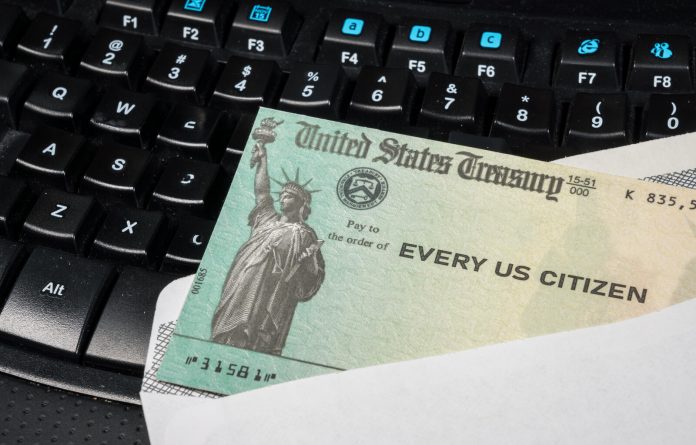
With COVID-19 putting a financial strain on American families and businesses, the distribution of stimulus checks was a sign of relief for many but it’s also bringing new scam threats. The Department of Justice and IRS have warned that scammers might try to use COVID-19 to trick consumers into sharing their personal information or money.
The government estimates that more than 80 percent of Americans will receive a stimulus payment during these challenging times. For many taxpayers, the stimulus payments will be deposited directly into their bank account, but millions of consumers – including many of you reading this – will receive a paper check in the mail.
If you receive a paper check, my message to you is simple: Deposit your check using your bank’s mobile app from your smart phone or tablet instead of coming into your local bank branch. That keeps you safe and helps you comply with Ohio’s stay-at-home order. It’s also very convenient.
It’s also important to note that as digital banking is on the rise, so is financial fraud. So here’s what you need to know about banking digitally and how to stay safe:
Save a trip
- You can safely use your bank’s mobile app or website to handle most common banking tasks like depositing checks, paying bills, sending money to friends, and locking and unlocking a credit or debit card.
- If you have accounts at another bank, check out their website for their digital and mobile capabilities.
- If you don’t have a bank account check in with BankOn for affordable options that would let you manage your money digitally.
Spot & avoid
- Financial institutions will not ask for confidential information—such as your name, password, PIN or other account information—when they reach out to you.
- Experts suggest triple-checking any social message, email or solicitation you receive, especially if it mentions COVID-19 and avoiding emails that have an urgent call to action or suspicious links, especially when the call or email asks for personal information.
- Only access your bank via the mobile app or website. Do not click links in an email or on social media.
Report suspicious activity
- The Federal Trade Commission offers information about common COVID-19 scams and a form to submit complaints: ftc.gov…
- The government will never call out of the blue to ask for money or your personal information (like Social Security, bank account, or credit card numbers).
- Anyone who tells you to pay by Western Union or Money Gram, or with a gift card, is a scammer. The government and legit businesses will never tell you to pay that way.
Please stay safe and take good care of yourself and your loved ones. We’re here to help you map your way during this uncertain time and beyond.
ABOUT JOE KELLER – Joe Keller is Regional Director for Ohio at Chase Bank. JPMorgan Chase is one of the largest banks in Ohio, employing over 21,000 people with more than 4 million consumer clients, 250,000 business clients, and 250 branches. For more information, visit Chase Bank.
Metro Monthly is a local news and events magazine based in Youngstown, Ohio. Stay connected with news, features and essential Valley events. We circulate throughout the Mahoning Valley (and beyond) with print, online and flipbook editions. We offer print and website advertising. Office: 330-259-0435.
© 2020 Metro Monthly. All rights reserved.






